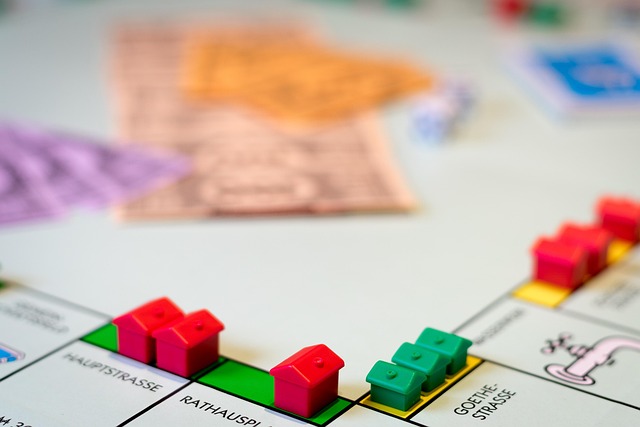In real estate, a reserve price acts as a protective measure for sellers and provides transparency for buyers, benefiting both parties in today's competitive market. Sellers ensure fair value or more while buyers make informed offers, streamlining negotiations. The right reserve price is determined through comparables analysis and property unique features, balancing interest and protection.
In the competitive world of real estate, setting an accurate reserve price is crucial for both sellers and buyers. This strategy ensures a fair transaction and protects the seller’s investment. Understanding reserve prices involves grasping their role in setting the tone for an auction-like environment, driving interest, and ultimately securing the best possible deal. This article explores the benefits and strategies behind this powerful tool, offering insights to navigate the real estate market effectively.
Understanding Reserve Prices in Real Estate

In real estate, a reserve price is a predetermined minimum sale price set by the seller. It acts as a protection mechanism, ensuring that the property isn’t sold below what the owner considers its true value. When bidding on a property with a reserve price, potential buyers understand that if their offer falls below this figure, it won’t be accepted. This provides clarity and prevents sellers from accepting offers that undervalue their asset.
Knowing reserve prices is crucial for both buyers and agents in the real estate market. For buyers, understanding these prices allows them to make informed decisions about how far they’re willing to go with their bids. For agents, it helps in strategizing sales campaigns and advising clients on realistic expectations. In today’s competitive real estate landscape, being aware of reserve prices can make all the difference in securing a successful transaction.
Benefits of Setting a Reserve Price

Setting a reserve price in real estate can offer numerous advantages for both sellers and buyers. Firstly, it provides a safety net for sellers by establishing a minimum acceptable price for their property. This is especially beneficial in competitive markets where quick sales might lead to accepting less than desired. By setting a reserve, sellers can ensure they receive fair market value or more, protecting the asset’s worth.
For buyers, a reserve price ensures a transparent and efficient negotiation process. Knowing the seller’s target price allows them to make informed offers, avoiding unnecessary bids that could exceed their budget. This clarity can expedite the buying journey, particularly in fast-paced real estate markets where properties can quickly attract multiple offers.
Strategies for Determining the Optimal Reserve Price

When setting a reserve price in real estate, finding the sweet spot is key. The optimal reserve price should balance attracting bidders while safeguarding against underselling valuable properties. One effective strategy involves analyzing recent sales data within similar neighborhoods or markets to identify comparable properties and their selling prices. This provides a baseline for what a property is worth, enabling you to set a reserve that aligns with market trends.
Moreover, considering the unique features and amenities of the property can refine this process. For instance, if a home boasts stunning architectural design, a prime location, or exceptional upgrades, setting a higher reserve price becomes more justifiable. Conversely, properties with deferred maintenance or less desirable characteristics may warrant a lower reserve to encourage bidding activity. Ultimately, a well-researched and adaptable approach ensures the reserve price effectively protects the property’s value without unduly hindering a potential sale.






